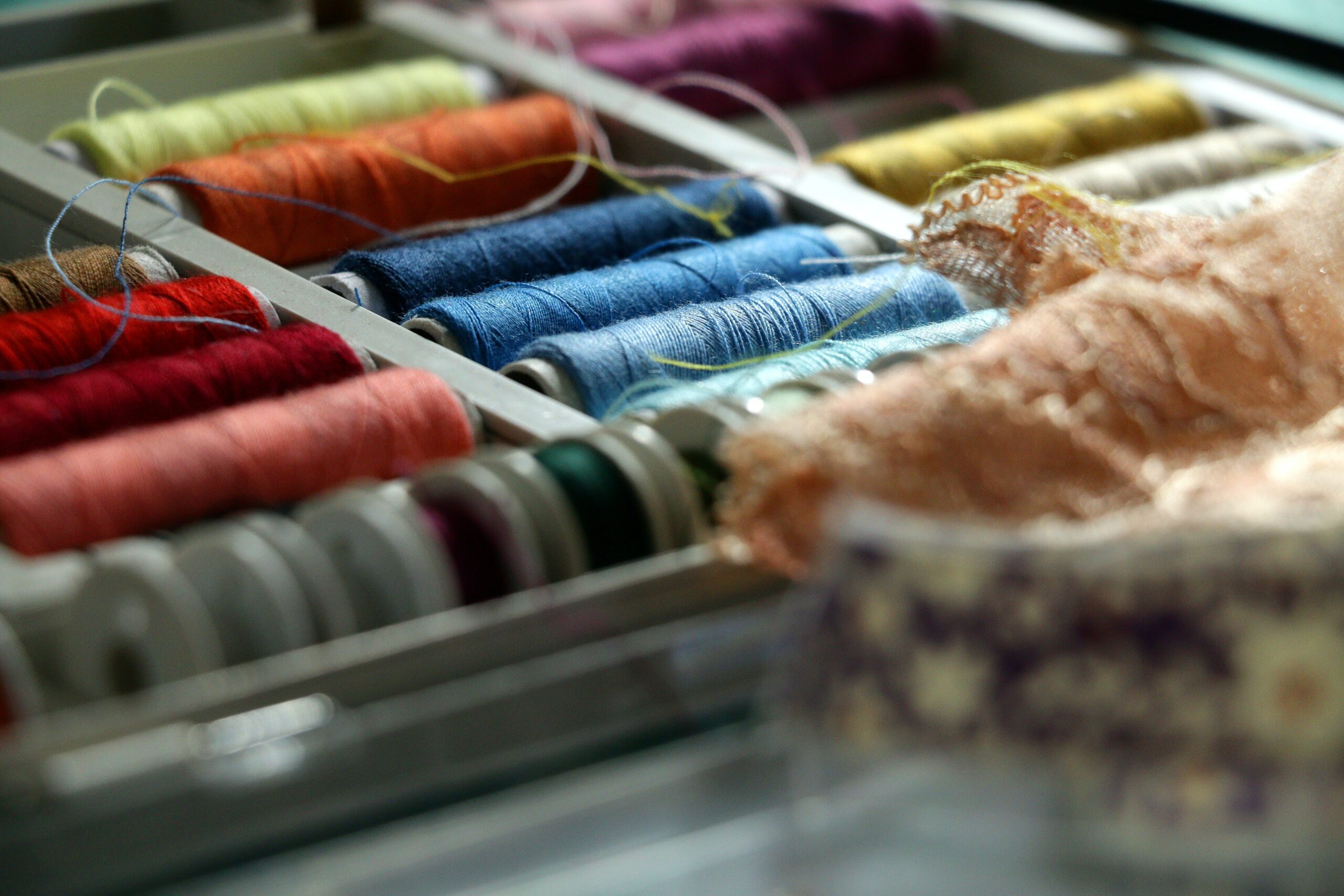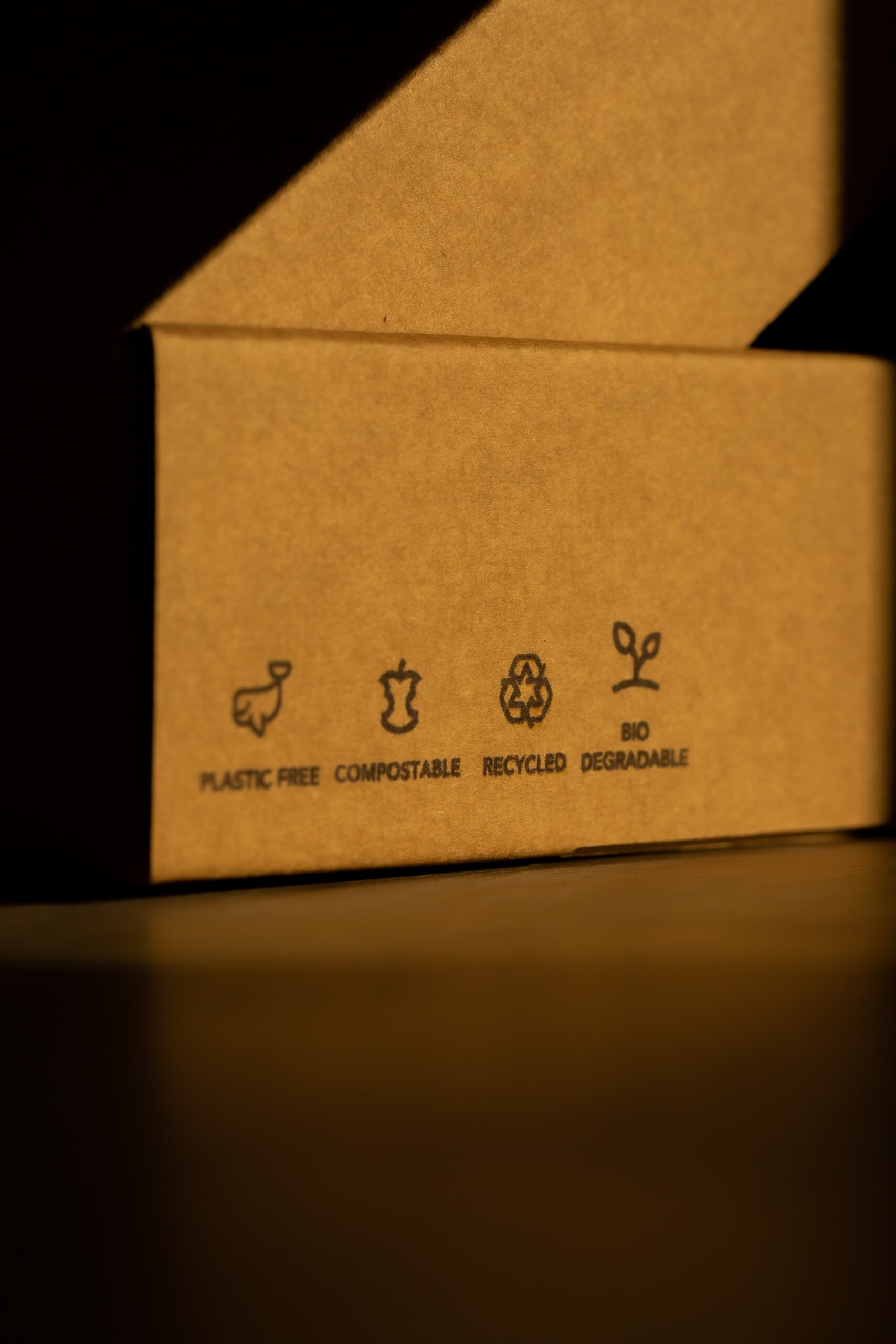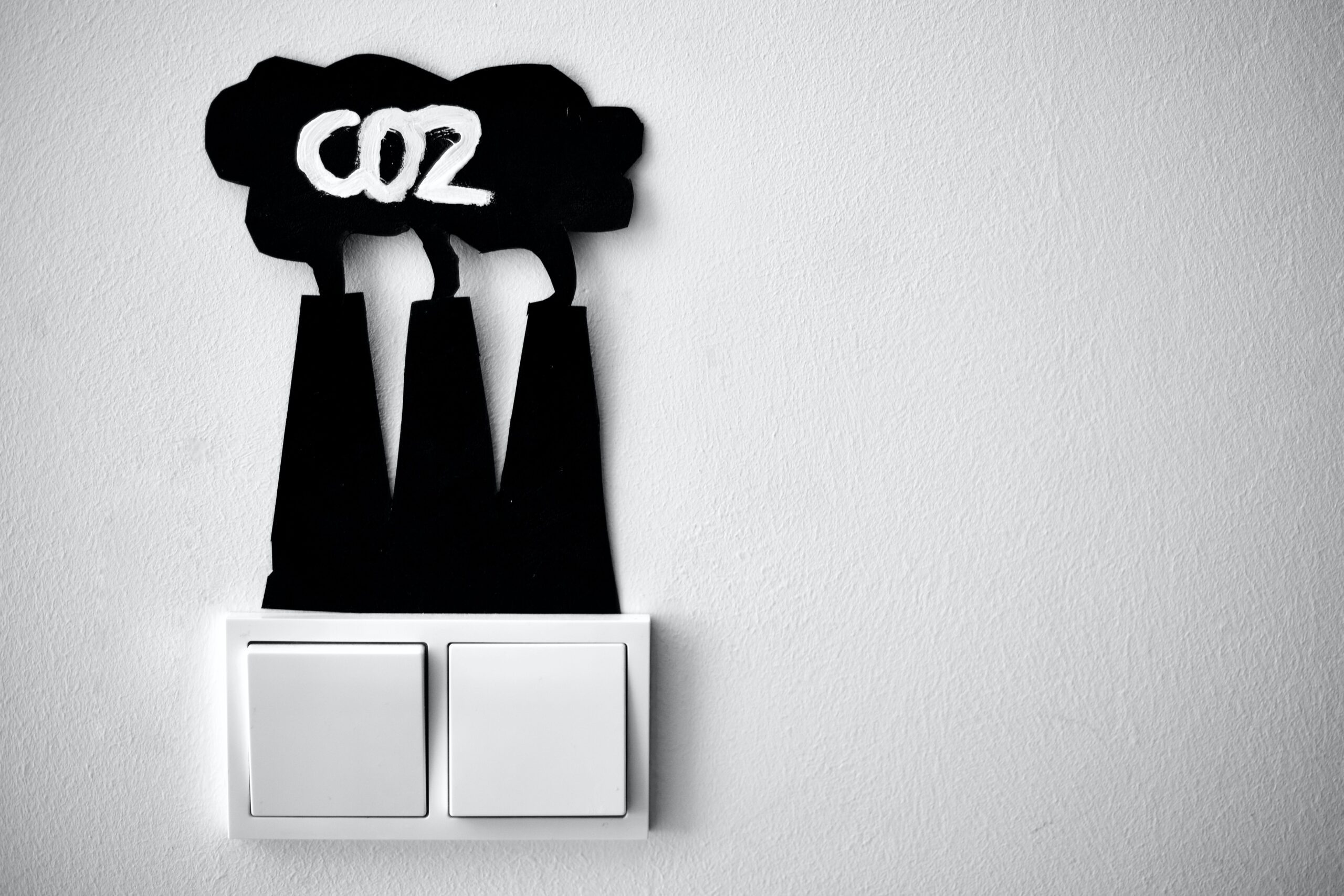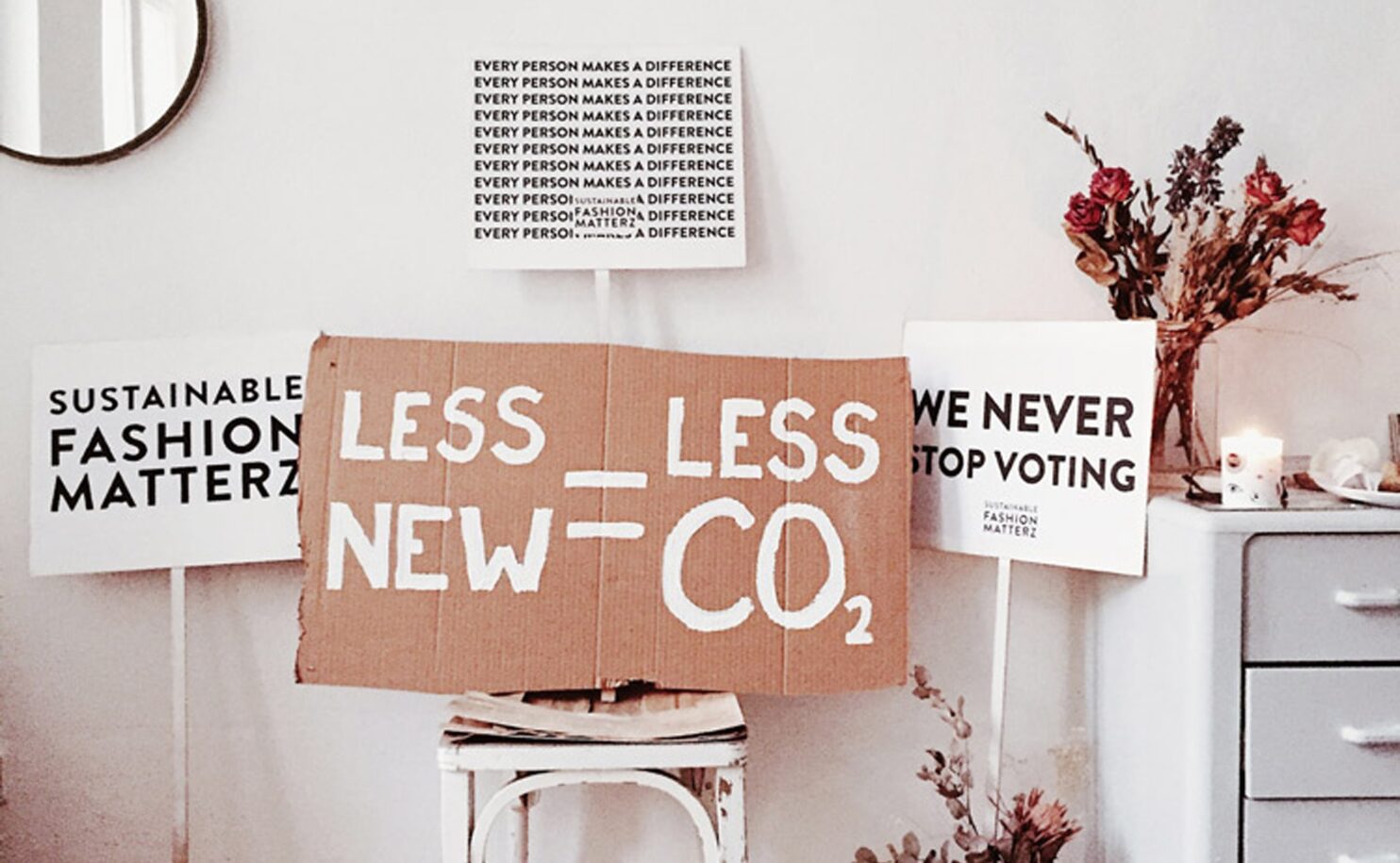 The fashion industry has long been criticized for its negative impact on the environment and for its hard record on human rights. From the use of toxic chemicals and excessive water consumption, to labor rights issues and the need for improved ‘Fair Trade’ policies, the industry’s practices have often been called into question. To help with this challenge, the Higg Index was developed by the Sustainable Apparel Coalition (SAC) in 2012 in Amsterdam, as a tool for measuring sustainability performance in the fashion footwear, and textile industry.
The fashion industry has long been criticized for its negative impact on the environment and for its hard record on human rights. From the use of toxic chemicals and excessive water consumption, to labor rights issues and the need for improved ‘Fair Trade’ policies, the industry’s practices have often been called into question. To help with this challenge, the Higg Index was developed by the Sustainable Apparel Coalition (SAC) in 2012 in Amsterdam, as a tool for measuring sustainability performance in the fashion footwear, and textile industry.
What Is The Higg Index?
The Higg Index is a standardized measurement of value chain sustainability that enables brands, retailers, and factories alike to obtain a comprehensive assessment of performance in sustainability. It has become one of the leading environmental and social assessments in the apparel industry. Measured by the index are a range of factors, from energy and water use to labor standards and chemical management.
How Does It Work?
SAC is constantly working and updating its tool to provide more accurate and reliable resources. The more verified results, the better the data becomes. Higg Index has a few different verification programs available in 100 countries and has data vetted by third-party gatekeepers and the secondary data is independently peer-reviewed.
The assessment process is detailed and takes time. Throughout a period of 3 – 6 weeks, they answer questions and review their eco-friendly practices, to help make the industry more environmentally friendly and ethical.
What This Means to Consumers:
Consumers can also benefit from the Higg Index, as it allows them to make further informed purchasing decisions. By looking for products with high scores, consumers can choose items produced with more sustainable practices and have a lower environmental and social impact.
The Tools of The Trade:
 The Index has five different tools that help give assessments and insights into the environmental impacts of products, materials, facilities, brands, and retailers. The tools are as follows:
The Index has five different tools that help give assessments and insights into the environmental impacts of products, materials, facilities, brands, and retailers. The tools are as follows:
- Product Module – evaluates the sustainability of a company’s products and their impact on the environment.
- Facility Environmental Module – assesses a company’s environmental impact at the facility level.
- Facility Social & Labor Module – social and labor practices of a company’s facilities are evaluated.
- Brand & Retail Module – the sustainability of a company’s brand and retail operations are assessed.
- Chemicals Module – the use of chemicals in a company’s operations and their impact on the environment and human health is measured.
Collectively, provides a comprehensive view of a company’s sustainability practices and can help guide them towards more sustainable operations.
A More Transparent and Sustainable World:
With the world demanding more transparency and accountability, the Higg Index is a system many of the leading providers are implementing in support of the great needs behind the sustainability challenge.
If you are interested in learning more or want to sign up to see how you can improve your environmental and social impact visit this website: https://apparelcoalition.org/the-higg-index/ There are a few different plans you can choose from including a basic plan that is free but the cost varies based on company’s revenue, under $100M is $2,000 a year, $100M-$1B is $7,500 a year, lastly, $1B+ is $13,500 a year.
 Hadley Robinson is a Marketing and Website specialist at Stars Design Group. With a Bachelor of Arts in Fashion Business and a Minor in Photography degree from Columbia College Chicago, Hadley uses her knowledge of the fashion and art world to help manage SDG’s social and website channels.
Hadley Robinson is a Marketing and Website specialist at Stars Design Group. With a Bachelor of Arts in Fashion Business and a Minor in Photography degree from Columbia College Chicago, Hadley uses her knowledge of the fashion and art world to help manage SDG’s social and website channels.

